ARTICLES > NOURISH
GLUTEN-FREE FOODS FOR GUT HEALTH
Can certain foods improve your gut health when you have coeliac disease? Get into the fascinating world of the human gut and the power of fermented foods.
By Kim EK Canale
Gut health and its potential to impact our overall health and well-being is a hot topic, along with the role of gut microbiota, prebiotics, probiotics and fermented foods. While being on a gluten-free diet can be challenging, there are many ways you can include natural prebiotic and probiotic foods so that you don’t miss out on all the goodness they can bring to promote good gut health.
WHAT IS THE GUT MICROBIOTA
The human microbiota is made up of trillions of microorganisms (or microbes) that reside in and on the body. These bugs are spread throughout the body and congregate at specific sites, including the skin and mouth, often living in harmony with the human host. These bugs (microbes) are also found along the gastrointestinal tract (GIT), the majority residing in the large bowel. The bacteria in our GIT are collectively known as the gut microbiome or gut microbiota.
THE FASCINATING GUT MICROBIOTA
In recent years there has been an enormous amount of research into this microscopic world of the human gut. The human gut contains hundreds, possibly thousands, of different species of microorganisms. These gut bugs can do many things that our bodies cannot, such as breaking down undigested food and offering protection against certain pathogens.
As we discover and understand more about the gut microbiota, we are beginning to realise that these bugs serve a very important role in maintaining our health and wellbeing.
There is emerging research linking microbiota imbalance (‘dysbiosis’) to the development of a number of health conditions: in fact, the microbiota in coeliac disease is known to be different to the microbiota in the general population. As more studies are done to contribute to our understanding, we may discover a role for gut bugs in the prevention and/or management of certain conditions.
Gut microbiota has been shown to be affected by a number of factors, including antibiotic use, stress, the environment, exercise patterns and diet. Research has shown that some components of food support the growth of certain types of good bugs and maintain microbial diversity, which promotes good gut health and gives us the best balance of bacteria.
HOW DOES DIET PROMOTE A HEALTHY GUT?
The gut microbiota is responsible for undertaking the process of fermentation in the colon, which produces a number of effects on us, as the host, and the gut bacteria.
- Fermentable fibres provide the gut bacteria with energy and nutrients to support their growth and metabolic activity. Maintaining their health and numbers should help to balance the overall gut environment.
- The breakdown of particular fibres (prebiotics) by the gut microbiota produces beneficial by-products called short chain fatty acids (SCFAs) that help to fuel the colonic cells and produce a healthy mucous layer in your colon. They have been shown to provide positive health effects within the bowel, including reduced gut inflammation and sensitivity, strengthening the immune system in our gut, offering protection against intestinal infections, and reducing the risk of colon cancer.
WHAT SHOULD I EAT?
The major components of food found to naturally boost healthy gut flora and improve our microbial population are:
- Naturally occurring prebiotics
- Soluble fibre
- Resistant starch
WHAT ARE PREBIOTICS?
Prebiotics are a type of non-digestible fibre that stimulates the selective growth of certain beneficial gut bacteria – they are essentially food for the ‘good bugs’ in our large intestine. As mentioned previously, they produce favourable by-products in the bowel and help support the immune system in our gut.
WHAT IS SOLUBLE FIBRE?
This is a type of fibre that pulls in water and dissolves in water to form a thick gel in our gut. This fibre helps to soften stools, making it easier to pass through. It also slows the emptying of food from the stomach which helps makes you feel fuller for longer. Soluble fibre also helps with regulating blood cholesterol and blood glucose responses. Many foods containing prebiotics also contain soluble fibre (such as lentils and legumes).
WHAT IS RESISTANT STARCH?
This is another indigestible carbohydrate that resists digestion and absorption in the stomach and small bowel – it moves through to the large bowel and gets broken down and fermented by the bacteria living there. Resistant starch is found in foods such as lentils and firm bananas that are green at the tip.
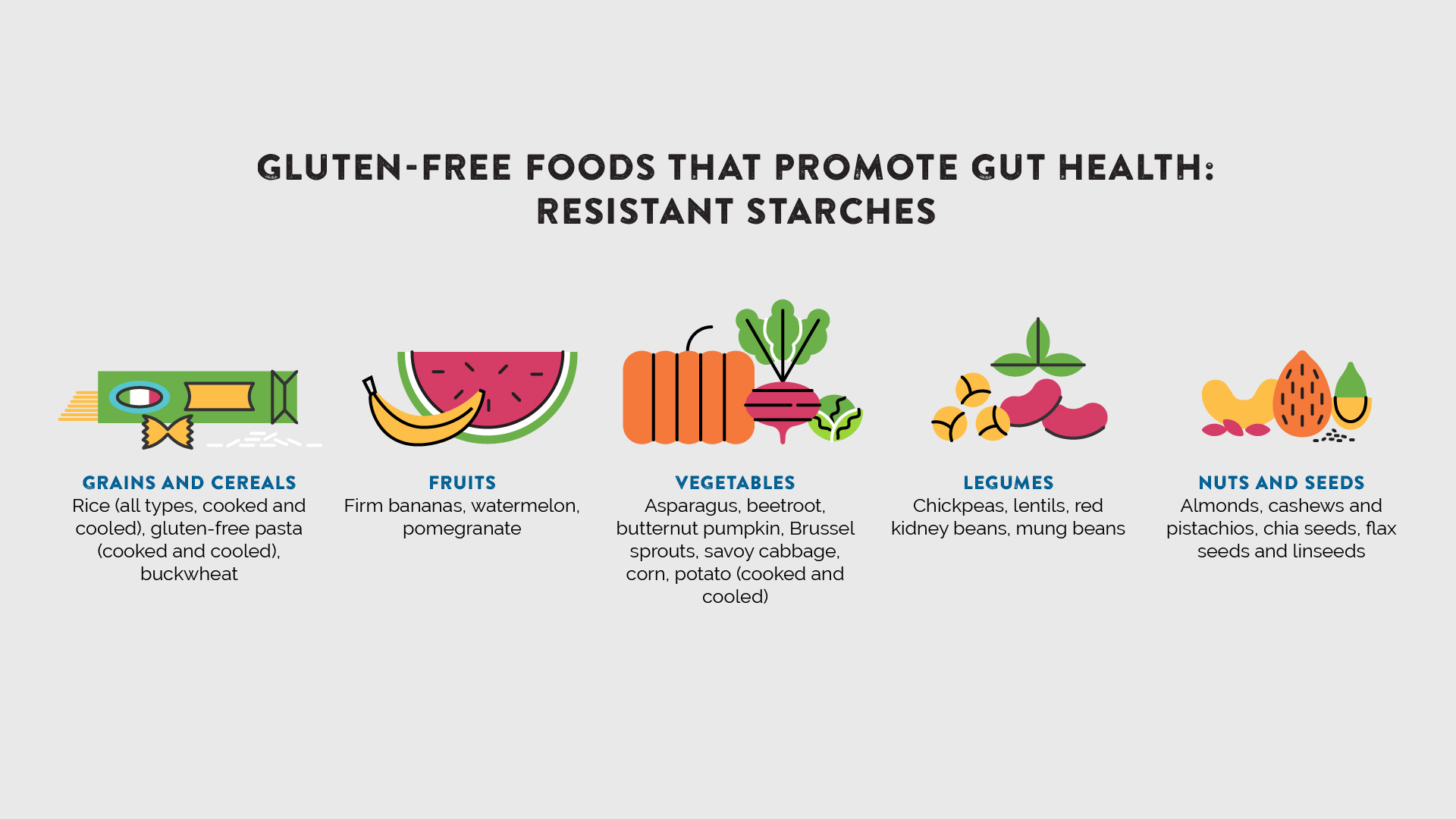
Resistant starch has been shown to have several health benefits for gut health, including:
- encouraging the growth of healthy bacteria in the large bowel (acting as a prebiotic) and providing energy and nutrition for the large bowel lining
- helping to produce SCFAs in the colon
- assisting with bowel regularity
- protecting the mucous layer and cells of the colon
- helping to lower the pH of the colonic environment, which can help to reduce the production and absorption of potentially harmful compounds.
There are actually a few different types of resistant starch, one of which is formed when potatoes, rice or pasta are boiled then left to cool.
WHAT ARE PROBIOTICS?
Probiotics are the ‘good bugs’. They are live microorganisms (bacteria, yeast) that compete with the harmful bacteria, or the ‘bad bugs’. They exist naturally as bacteria found in fermented foods but can also be taken in supplement form.
While probiotic supplements are marketed for various health outcomes, they vary greatly in effectiveness as our gut microbiota is extremely complex and is still an emerging science. If you would like to take a probiotic, speak with your GP or dietitian about trialling them. These health professionals will have further information about the specific probiotic strains that have been more thoroughly researched and what they are best suited for.
WHAT ABOUT FERMENTED FOODS?
These are foods that have gone through a process of fermentation where a carbohydrate is processed to alcohol or organic acids by adding bacteria or yeast. This process has been used for centuries to preserve foods. The foods also generally contain the by-products of bacterial fermentation, namely acetate — the main acid responsible for the sour taste of many fermented foods.
For fermented foods to be considered a probiotic, they must have clinical evidence of their health benefits, not just perceived health benefits. They also need to survive the journey through the digestive tract, arriving ‘alive’ in the large bowel. More clinical studies are needed to investigate the true health benefits of eating fermented foods. However, incorporating more fermented foods regularly into your diet is generally considered a great way of supporting and increasing the diversity of good gut bacteria.
Look for fermented foods that contain probiotics in the refrigerated section of your supermarket or health food store labelled with live and active cultures. Shelf-stable jars or pasteurised products do not contain live bacteria.
GLUTEN-FREE FOODS CONTAINING PREBIOTICS
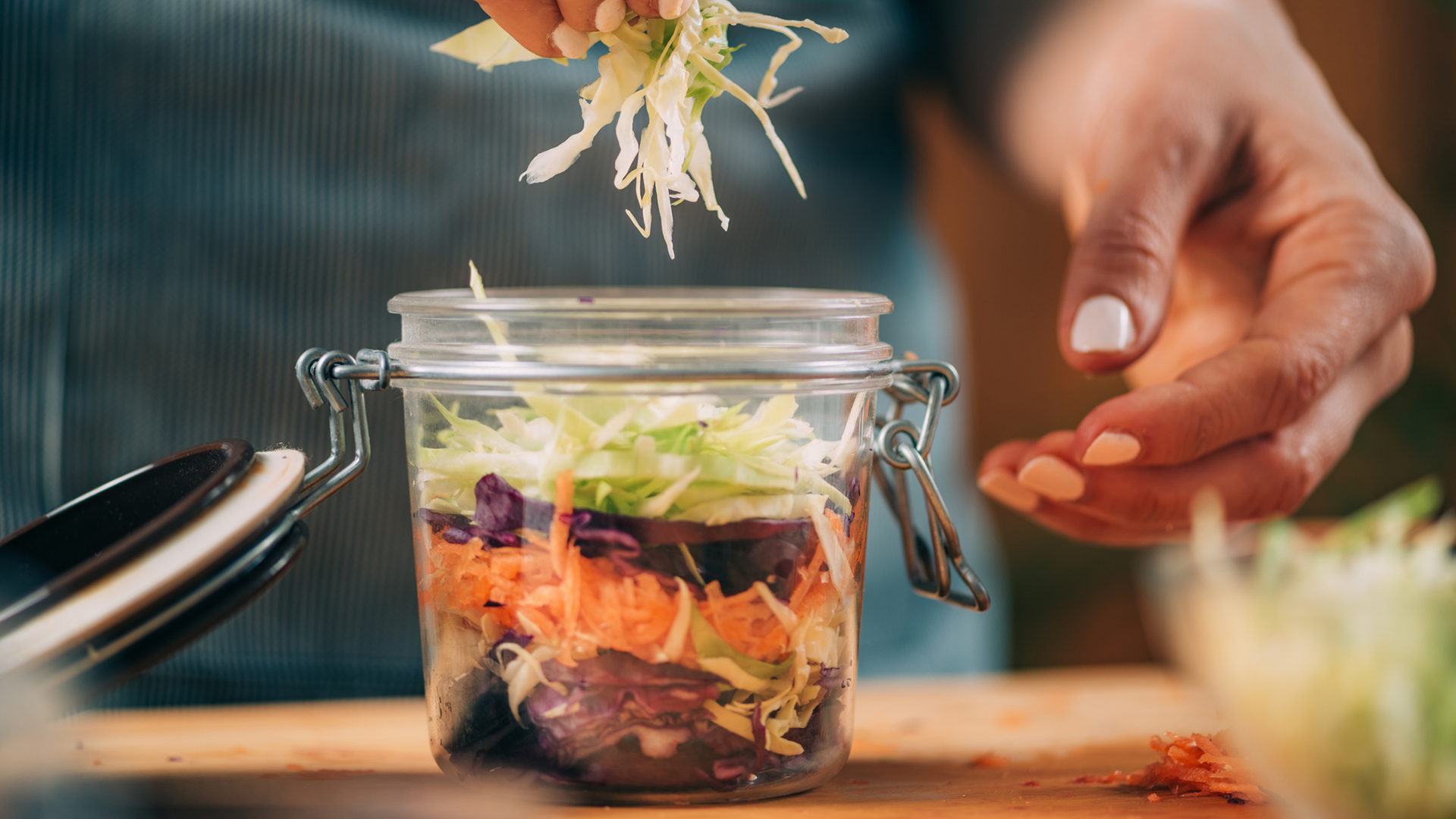
- Kimchi, sauerkraut and pickles
Fermented vegetables with live cultures – try making your own for budget-friendly options. - Miso
Check the label to ensure your miso paste or soup is gluten-free, as miso is usually fermented using a grain such as rice or barley - Tempeh
A high-protein food made with fermented soy beans, perfect in stir-fries - Yoghurt
Choose yoghurt with live and active cultures, or try making your own, which is often higher in probiotic content than supermarket varieties.
FIBRE MATTERS EVEN MORE IF YOU'RE GLUTEN FREE
Many of the foods recommended for good gut health are high fibre foods. Fibre is a very important component of a healthy diet and not just for gut health: it helps improve cholesterol levels, blood pressure and glycaemic control (blood glucose levels); promote weight loss and reduce the risk of colorectal cancers.
In a typical Western diet, many of us do not get the recommended 25-30g of fibre each day. On a gluten-free diet, this may be even less, due to removing many fibre-based grains, such as wheat and oats. It is extremely important to increase your fibre intake very gradually over a couple of weeks, as fermentation of these prebiotics in the gut may result in unwanted side effects, such as abdominal pain and bloating, excessive wind and an altered bowel habit.
Consult your dietitian about serving sizes of prebiotic and probiotic foods to aim for to minimise any of these effects and find a level that is well tolerated.
EATING FOR GOOD
The gut microbiota and how to manipulate it with diet is still an exciting and emerging area of science. There are a lot of gluten free choices that are a good natural source of prebiotic fibres, such as legumes and pulses, vegetables, fruit and nuts. Enjoy a regular intake of these prebiotic and probiotic foods for a greater microbial diversity. Dietitians have always encouraged more variety in people’s diets to ensure the right balance of nutrients. Now it’s time to also be encouraging more variety of specific fibres and foods for our good gut bugs, promoting health and wellbeing.
ABOUT THE WRITER
Kim EK Canale is an Accredited Practising Dietitian at Diet Solutions Melbourne specialising in gastrointestinal disorders, including coeliac disease, irritable bowel syndrome and inflammatory bowel disease.
REFERENCES
Department of Gastroenterology, Monash University, Melbourne, Australia. Phelps, Kerryn, The Mystery Gut, 1st edition, Australia, Pan Macmillan Australia Pty Ltd, 2017.
READ THIS NEXT

WHY EXERCISE AND BONE HEALTH MATTERS MORE
Exercise for bone health is important for all of us, but if you have coeliac disease, the risk of osteoporosis is greater. Here's what you can do.
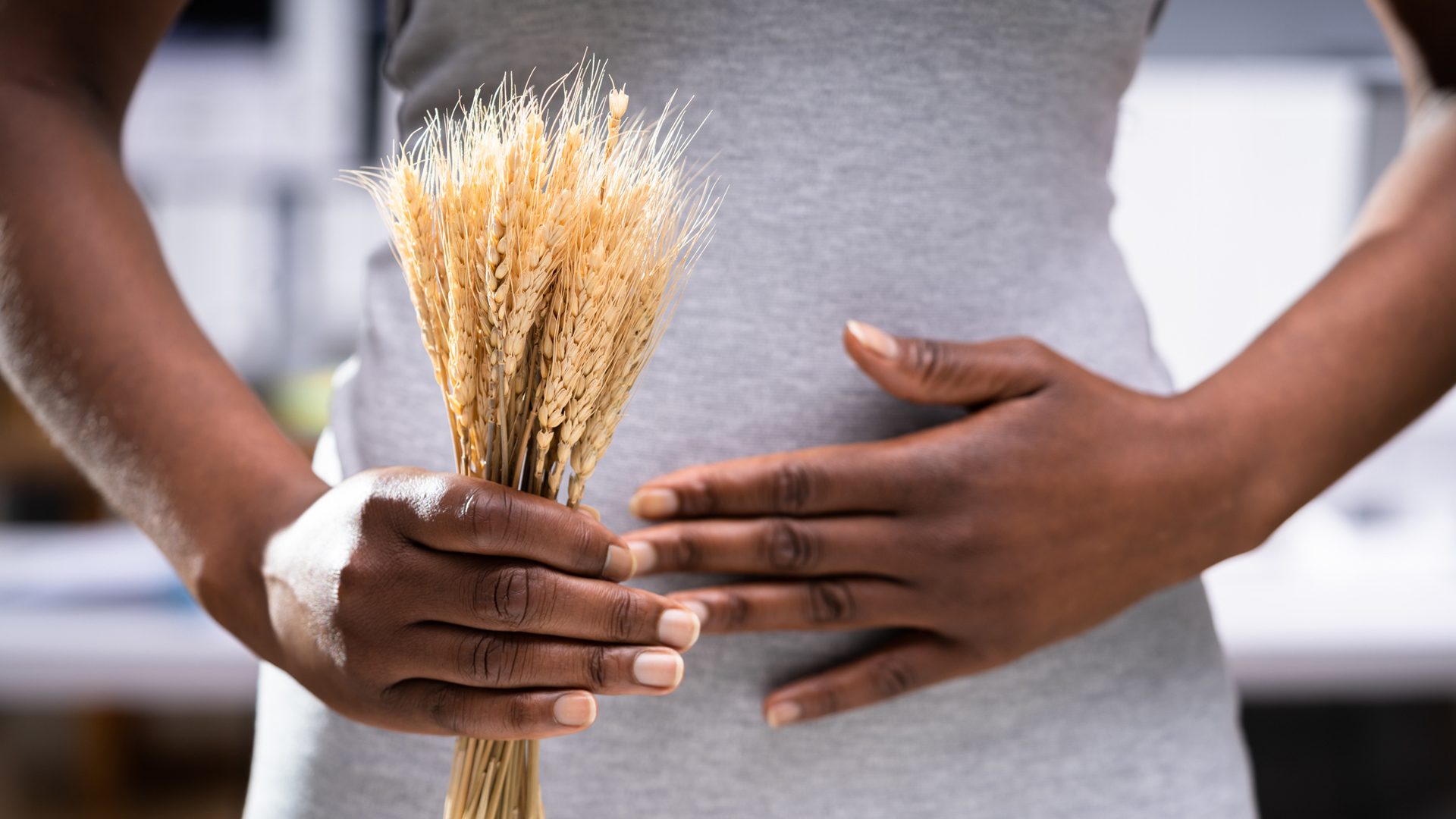
WHAT TO DO IF YOU ACCIDENTALLY EAT GLUTEN
If you have a gluten sensitivity or coeliac disease, you might know straight away after an accidental gluten intake. Here’s how to ease your symptoms.
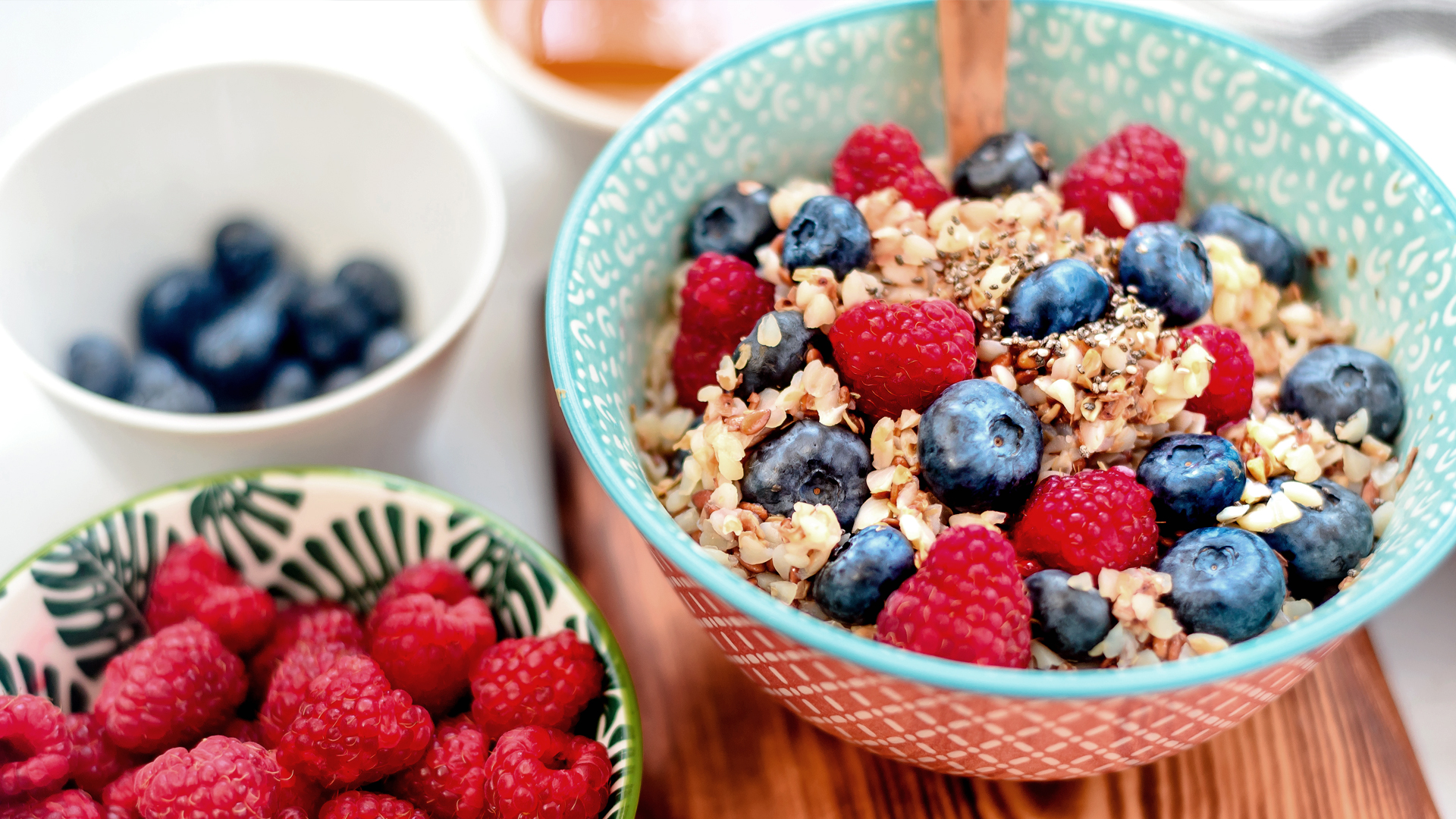
7 GREAT GLUTEN-FREE BREAKFASTS
Looking for gluten-free breakfast ideas? From quick and nourishing brekkies to best-ever brunches, we have a whole week planned for you to get you inspired.
See more





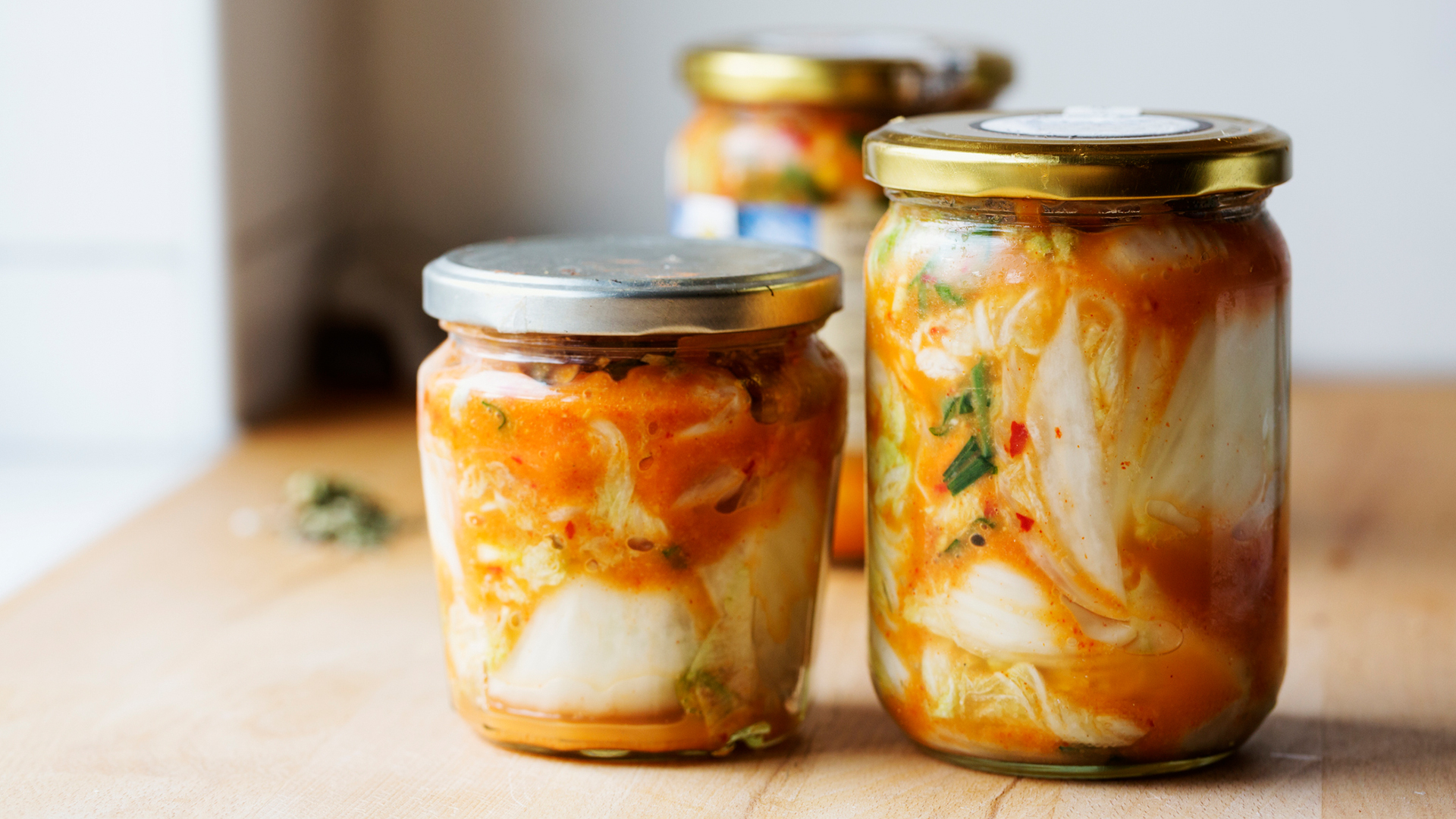









I am now a coeliac